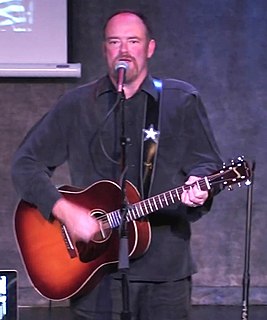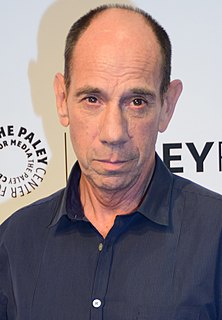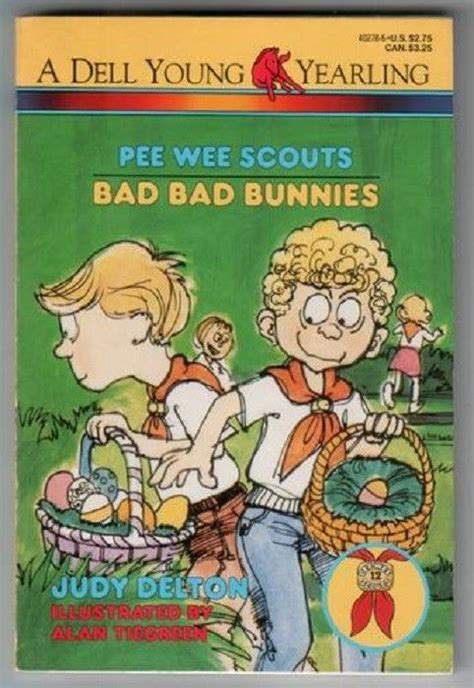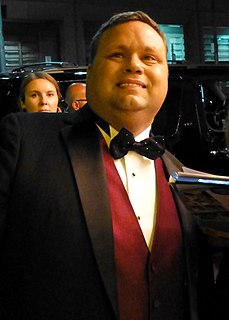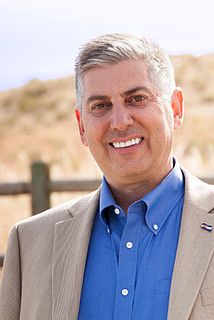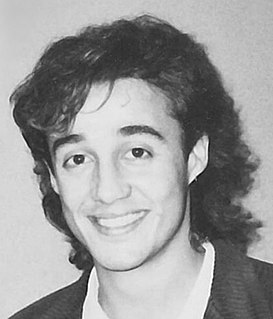A Quote by John Carter Cash
My father was a very prolific writer and he left behind a huge body of unpublished work.
Related Quotes
'Presumed Innocent' was written over a six to seven year period with intervals in between where I was figuring out the end of the book and writing other stuff... My life as a writer was carried on against the odds. I had written four unpublished novels by then... as a writer of fiction, I hadn't gotten very far. I just wanted to do it.
My father told me never to take my foot off a ladder to kick at someone who was kicking at me. When I did that, I would no longer be climbing. While they are kicking, my father told me, I should keep stepping. They can kick only one time. If I continued to climb, they would be left behind. In trying to hurt me, to impede my progress, they would get left behind because they allowed themselves to get sidetracked from their agenda.
I lived in New York until I was eleven years old, when my mother left my two older sisters and my father. My mother is 90 percent blind and deaf. She left and moved all the way to California. So I left my two older sisters and my father behind at the age of eleven and moved cross-country to take care of her.
I lived in Greece for about four years of my life, and living there had a huge impact on my life growing up. My father was very much adamant that we would learn about our culture. It's a very rich culture to be a part of since it has such a great history behind it. I definitely carry that in my job, and I am very passionate.
My house is full of paintings by my mother Pam. She was a fantastic, prolific artist but had no confidence in herself, thanks to my father running her down. They married during the war when she was 19 - she had planned to go to art school. But my father didn't want her to work, so she became a housewife.
